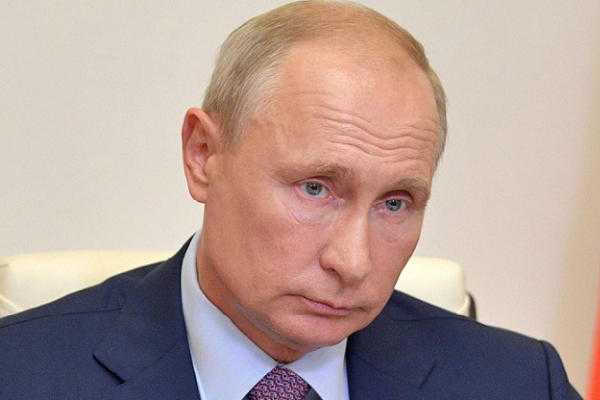Russia is reportedly set to loosen restrictions on how foreign countries pay for the fossil fuels they receive, as economic sanctions continue to tear down President Vladimir Putin’s regime.
The move according to UK Express, comes after an order by Mr. Putin to lift requirements for payments to be made through the Gazprombank, which has become the target of US sanctions designed to cripple the Russian economy,
Since Russia’s invasion of Ukraine and the subsequent wave of scorching economic measures taken against his country, Putin has demanded that all payment for energy be made in Rubles through the bank, a move which allowed it to bypass around restrictions on the country handling dollars and euros.
The new rule will allow importers to be paid through other banks or in “another way agreed upon by the Russian supplier with the foreign buyer.”
Though, Russia remains a major supplier of energy to many European countries, despite attempts by others to find alternative sources.
The Kremlin had cut off countries such as Germany in an attempt to weaponize energy flow as Western countries united to respond to Putin’s aggression.
But European Union nations such as Slovakia and Hungary still receive deliveries of gas as part of pre-existing agreements, with the latter heavily reliant on Moscow, with around 66% of its energy consumption being supplied by Russia.
Speaking on the development, Maria Shagina, a sanctions expert at the International Institute for Strategic Studies, said, “Gazprombank was the key financial channel for oil and gas payments with Europe.
“Blacklisting the bank has already caused the Russian ruble to tumble and it will affect gas payments with Hungary and Slovakia.
The new rule will allow importers to be paid through other banks or in “another way agreed upon by the Russian supplier with the foreign buyer.”
Though, Russia remains a major supplier of energy to many European countries, despite attempts by others to find alternative sources.
The Rubles’s value plunged rapidly following the announcement of the rule change, causing Moscow’s central bank to suspend trading.
Moreover, the Russian economy has been hit seriously by the crushing sanctions imposed on it in the wake of the invasion of Ukraine, but it has not compelled Putin to abandon his plans in Ukraine, as many Western leaders hoped it might.
Despite limping on, the economy is struggling to hold up a war in a country which now spends 6.3% of Gross Domestic Product (GDP) on defence – despite soaring inflation and mass labour shortages.
In October, Russia’s central bank increased interest rates to 21%, their highest level in 21 years.
However, the move, designed to combat rising inflation, was met with dismay by many, with defence manufacturing leaders accusing its governor Elvira Nabiullina, of stifling the war effort.



